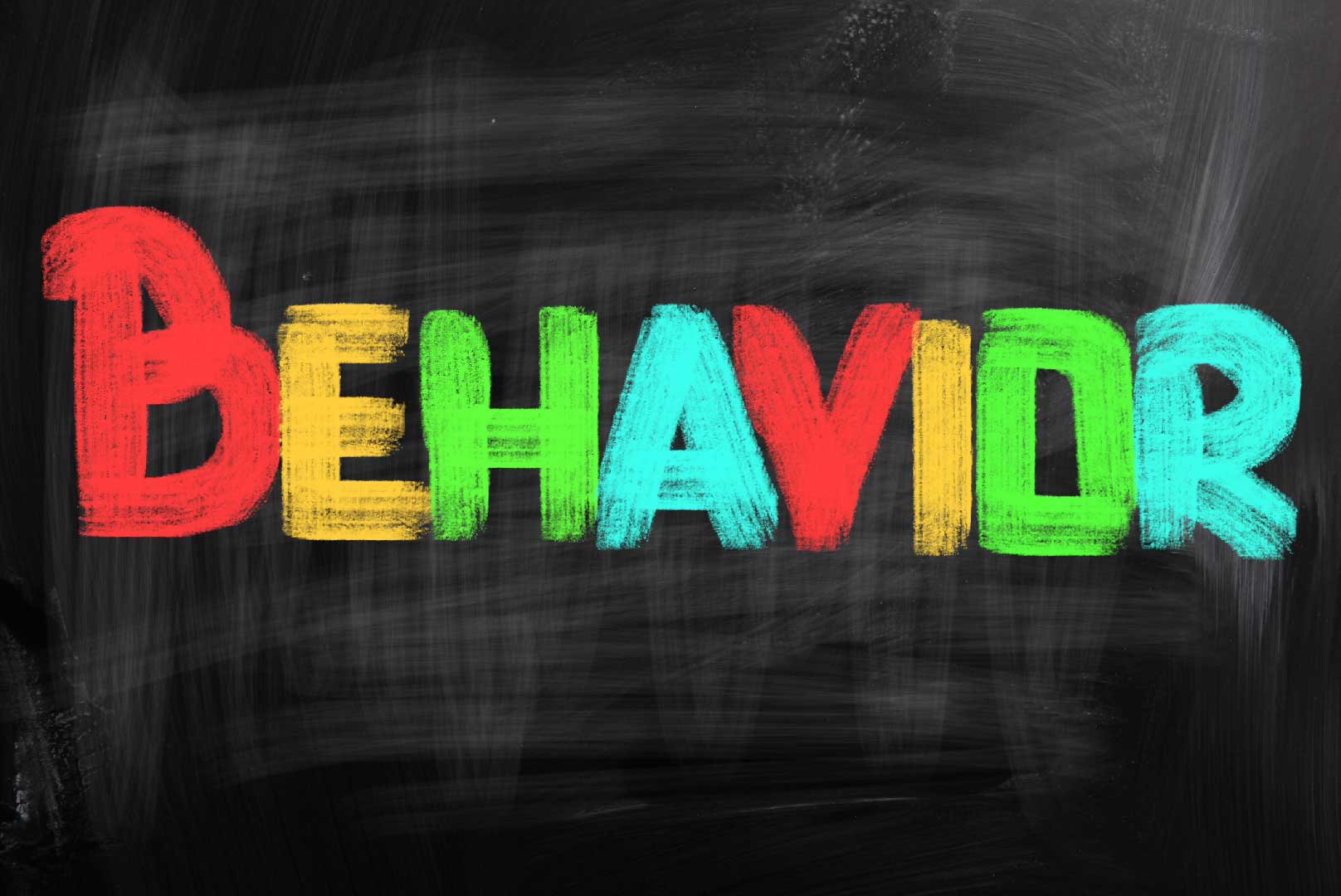Behavior is a fascinating subject that encompasses the actions, reactions, and interactions of individuals in various contexts. As humans, our behaviors are influenced by a myriad of factors including our environment, upbringing, and personal experiences. Understanding behavior not only helps us comprehend ourselves but also others, paving the way for improved communication and relationships.
In the realm of psychology, behavior is often categorized into observable actions and internal mental states. By delving into the intricacies of behavior, we can unlock insights into motivation, personality, and even societal dynamics. From everyday habits to complex emotional responses, the study of behavior reveals the underlying patterns that drive our actions.
Moreover, exploring behavior is not merely an academic endeavor; it has profound implications in various fields such as education, business, and mental health. By recognizing the significance of behavior, we can foster environments that encourage positive actions and mitigate negative ones, ultimately contributing to a more harmonious society.
What is Behavior and Why is it Important?
Behavior refers to the range of actions and mannerisms made by individuals in response to their environment or stimuli. It can be as simple as a smile or as complex as a negotiation in a boardroom. Understanding behavior is crucial because it allows us to anticipate how individuals may react in different scenarios, enhancing our ability to communicate effectively and resolve conflicts.
How Do Different Factors Influence Behavior?
Several factors play a role in shaping behavior, including:
- Genetics: Our biological makeup can predispose us to certain behaviors.
- Environment: The surroundings we grow up in significantly influence our behavior.
- Culture: Cultural norms dictate acceptable behaviors within specific societies.
- Personal Experiences: Individual life events and interactions shape our responses and actions.
Are There Different Types of Behavior?
Absolutely! Behavior can be categorized into various types, including:
- Innate Behavior: Actions that are natural and instinctive.
- Learned Behavior: Actions acquired through experience and social interaction.
- Adaptive Behavior: Behaviors that evolve to help individuals adjust to their environment.
- Maladaptive Behavior: Actions that are counterproductive or harmful.
How Can We Modify Behavior?
Behavior modification is a therapeutic approach that aims to change undesirable behaviors through various techniques. Some effective methods include:
- Positive Reinforcement: Rewarding desired behaviors to encourage their repetition.
- Cognitive Behavioral Therapy (CBT): Addressing and changing negative thought patterns that influence behavior.
- Modeling: Learning behaviors by observing and mimicking others.
What Role Does Emotion Play in Behavior?
Emotion is intricately linked to behavior. Our feelings often dictate how we respond to situations. For instance, anger can lead to aggressive behavior, while happiness may result in more sociable interactions. Understanding this connection helps us manage our emotions and their subsequent impact on our actions.
How Does Behavior Impact Relationships?
Behavior plays a pivotal role in shaping personal and professional relationships. Positive behaviors, such as effective communication and empathy, foster strong connections, whereas negative behaviors, like criticism and neglect, can lead to conflict and estrangement. Recognizing the influence of behavior on relationships encourages individuals to strive for positive interactions.
What is the Future of Behavioral Studies?
The future of behavioral studies is promising, with advancements in technology allowing for deeper insights into human actions. Areas such as behavioral economics, neuropsychology, and social psychology continue to evolve, offering fresh perspectives on why we behave the way we do. As we uncover the complexities of behavior, we can create more effective interventions and strategies to enhance personal well-being and societal cohesion.
In conclusion, behavior is a multifaceted phenomenon that encompasses a wide array of actions and reactions influenced by various factors. By understanding behavior, we can foster better relationships, improve communication, and contribute to a more harmonious society. As we continue to explore this intriguing subject, the potential for positive change remains vast.
You Might Also Like
The Evolution Of Legislative Authority: The Right To Make Laws For The Entire Nation And All Its PeopleDiscovering The Melodic Journey Of 50 Nifty United States Lyrics
Discovering Ava Bamby: A Rising Star In The Entertainment Industry
Unraveling The Life Of Haliey Welch's Dad: A Journey Through Family And Legacy
Cantinaccia Del Popolo Menu: A Culinary Experience Of Tradition And Flavor
Article Recommendations
- Nina Hartley
- Wentworth Miller Husband
- Exploring Musialas Religion Faith And Personal Beliefs Of A Football Prodigy


